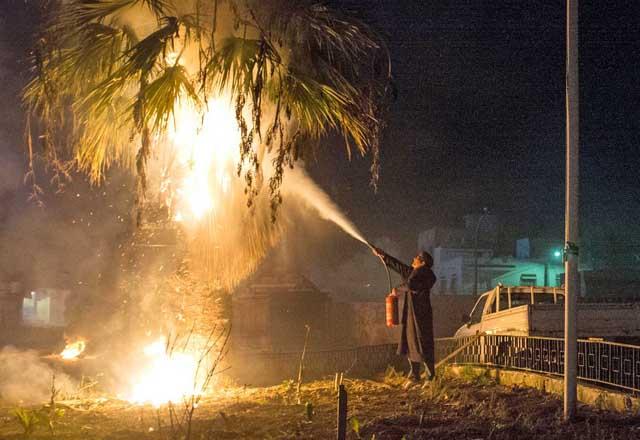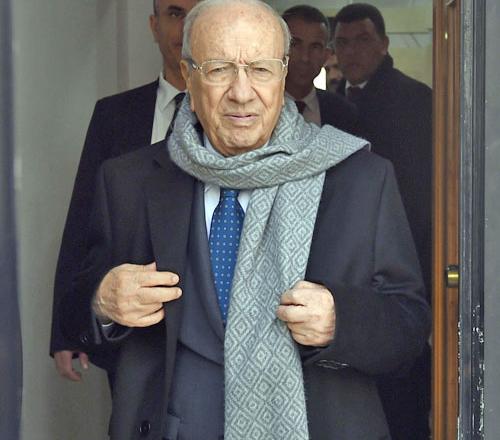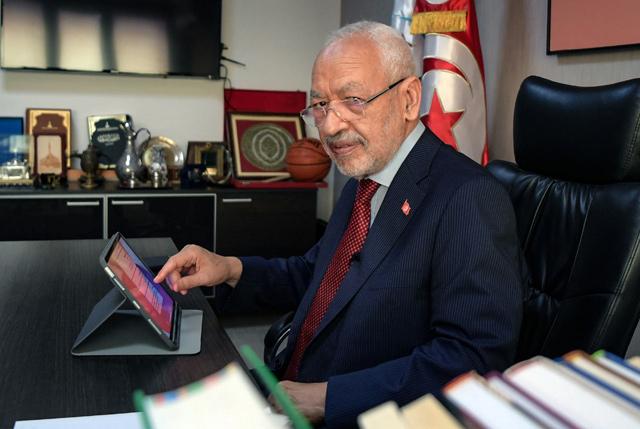TUNIS — Riots over Tunisia’s economy flared overnight in towns around the country, leaving one dead and posing an immediate challenge to the new prime minister and the country’s path to democracy.
Crowds protested late Friday outside the government finance buildings in the low-income neighbourhood of Ettaddamon over new taxes levied by the outgoing government described as necessary to fill yawning holes in the country’s budget.
The tax hikes were hastily suspended by the outgoing prime minister, but the decision failed to calm angry crowds and casts doubt on future government efforts to rein in spending and raise revenues.
Police reported that local criminals took advantage and began looting stores and clashing with authorities. They were dispersed with tear gas, interior ministry spokesman Mohamed Ali Aroui said Saturday.
Nearly 50 people were arrested in clashes in suburbs of Tunis, Aroui said.
In another clash, one young protester was killed and a police officer was injured in the town of Bouchebka on the Algerian border, Aroui said. He said an investigation is under way into what happened.
The latest riots came hours after a new caretaker prime minister, Mehdi Jomaa, was charged with forming a technocratic Cabinet to guide the country to new elections.
“I will do everything in my power to confront the challenges, overcome the obstacles and restore stability and security to Tunisia,” the new prime minister told reporters after the swearing-in.
Since Tunisia overthrew its authoritarian president in 2011 and set off revolutions around the Arab world, this small Mediterranean country’s economy has suffered, fuelling social unrest.
In the restive aftermath of Tunisia’s revolution, tourists fled, factories were shuttered by strikes, investment evaporated and inflation soared, worsening most residents’ daily lives. International ratings agencies downgraded the country’s credit rating to junk status, making borrowing on the international markets more difficult.
After the economy shrank 2 per cent in 2011, growth returned at 2.7 per cent in 2013, but that is far below the level needed to create jobs. Unemployment hovers at 17 per cent.














